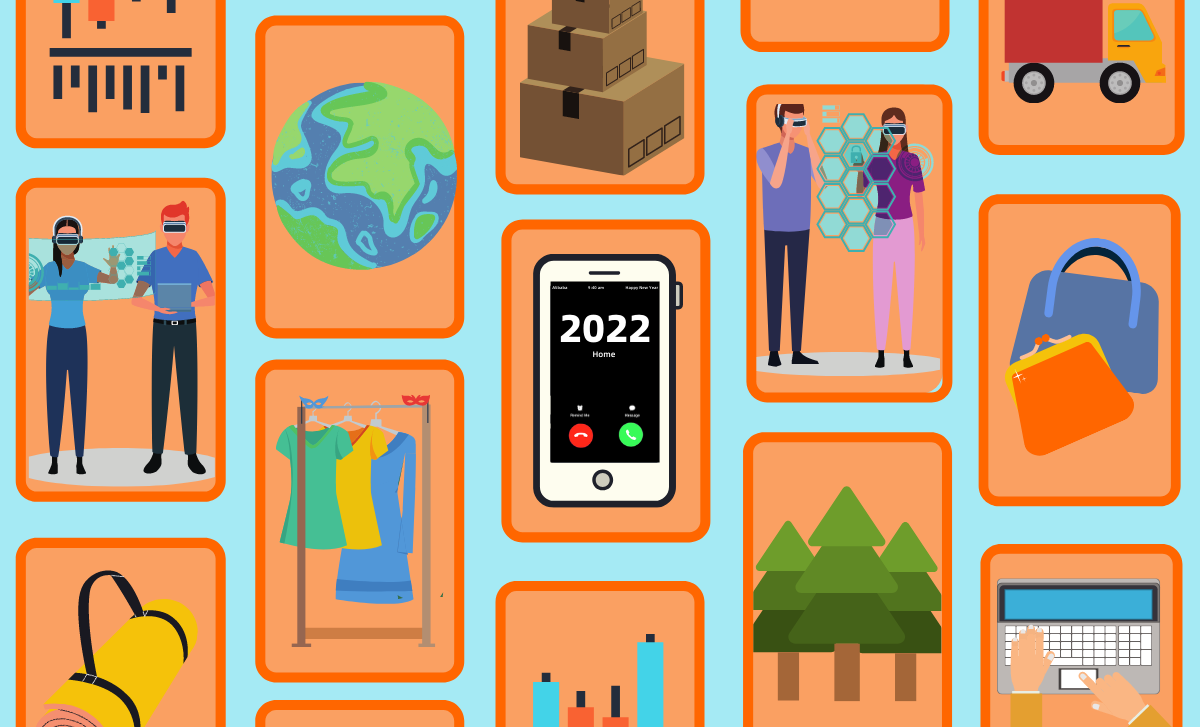
Photo credit: Alibaba Group/ Elizabeth Utley
The coronavirus pandemic, climate change and evolving gender politics are among the powerful forces refashioning consumer behavior. Retailers are racing to keep up.
The industry will need to adapt quickly to these changing norms or swathes of businesses will face irrelevancy as past purchases no longer imply brand loyalty.
Market research provider, Euromonitor International, has identified ten consumer groups that erupted onto the scene during the pandemic and advices how retailers can best cater to their tastes in its latest report.
“Change was the only constant over the past two years. Radical lifestyle shifts motivated consumers to make intentional, mindful and ambitious decisions,” said Alison Angus, Head of Lifestyles analysis at Euromonitor International.
In a 10-part series we’ll look at how merchants — from multinationals to startups in niche categories – are riding these trends or falling behind. The first installment captures how Climate Changers are creating waves through the power of shopping:
No. 10: CLIMATE CHANGERS
As the climate emergency escalates, consumers are taking action through the products they purchase. They are choosing more sustainable products from shopping aisles, reducing plastic, cutting food waste and recycling more frequently.
To win over consumers, companies should offer products that are carbon footprint certified. Euromonitor found 39% of professionals said their company plans to invest in low-carbon product innovation and the development of climate-friendly products in a survey last year.
Alibaba Group is among the companies that have pledged to reach carbon neutrality by 2030. We caught up with Dr. Chen Long, the Vice President of Alibaba Group and Chair of the e-commerce giant’s newly created Sustainability Steering Committee. We asked him about the platform operator’s willingness to roll with the changes in society and what it’s doing to slow climate change.
“We aim to progressively reduce carbon footprint across our platforms to facilitate the very necessary transition to a more sustainable and inclusive society,” Dr. Chen told Alizila.
Notably, Alibaba has gone a step further than its platform peers and is working with merchants and consumers to slash carbon emissions by 1.5 gigatons across its digital ecosystem by 2035. To do this, it is sharing technical and business-model innovations that promote low-carbon transition with customers and business partners
“As a platform operator, we hope to leverage our unique capacities to influence and advocate for low-carbon products, services and behavior among a wide range of stakeholders on our digital platforms, including both consumers and merchants in our digital ecosystems,” said Dr. Chen.
Clean beauty — free of parabens, phthalates and other harmful ingredients — has been a particularly fast-growing category in the digital ecosystem.
“I think we should not compromise between luxury and sustainability,” said Nicolas Gerlier, CEO of French clean beauty brand La Bouche Rouge CEO told Alizila. La Bouche Rouge uses recyclable materials including a brush made of castor plant fibres and is one of the companies that Alibaba is working with on its platform.
To be sure, affordability remains a barrier. Last year, 43% of professionals reported that consumers’ lack of willingness to pay a premium for eco-friendly products was slowing the transition to sustainable products; as is sourcing materials that do equally as good a job as the less eco-friendly originals.
Still, Euromonitor found 67% of consumers think they can have a positive impact on the environment through their everyday actions in 2022. Retail is going green.
Read the next instalment in the series: Backup Planners




